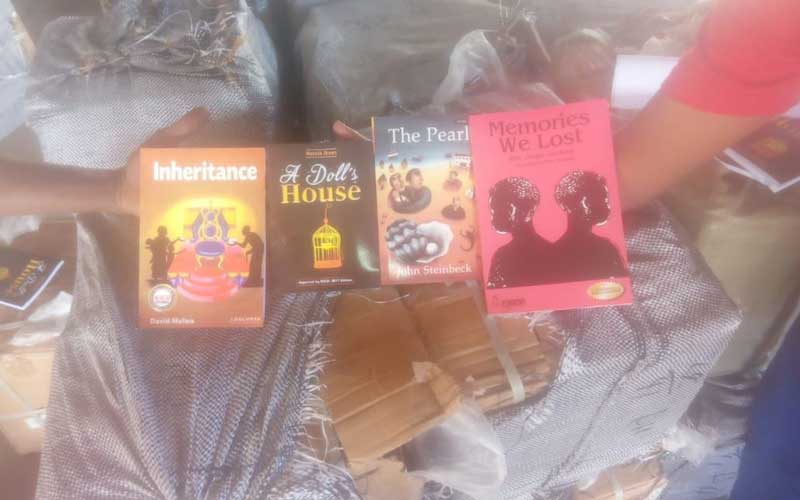×
The Standard e-Paper
Stay Informed, Even Offline

Investigative agencies yesterday nabbed counterfeit products worth Sh20 million at the Kenya-Tanzania border.
The assortment of goods, including books, shoes, and soap were imported from abroad through the Dar es Salaam port and were destined for Nairobi and Mombasa.